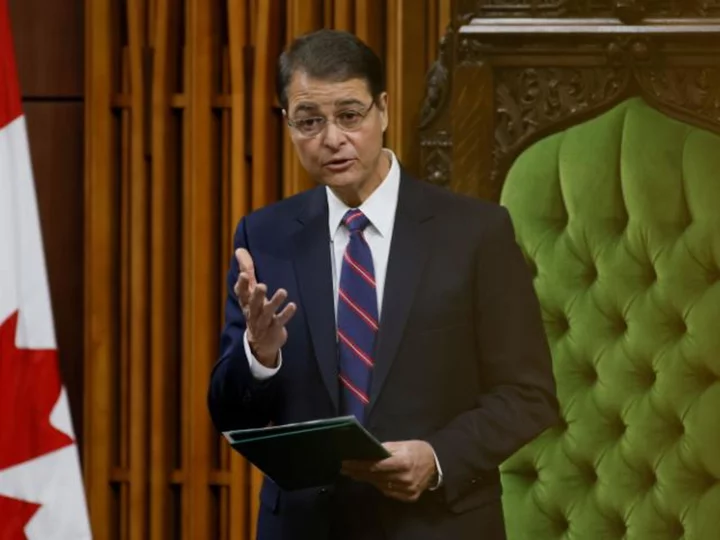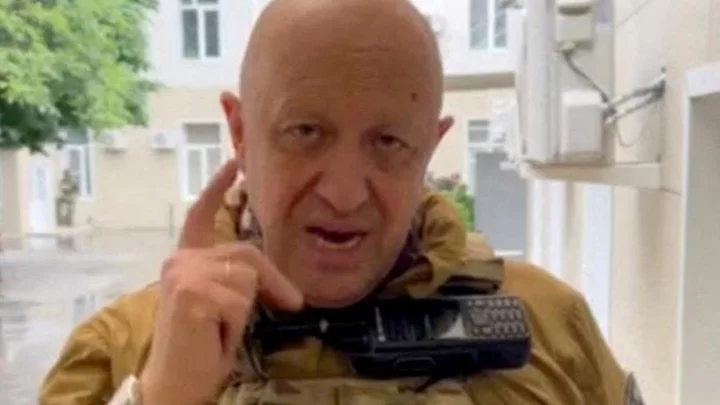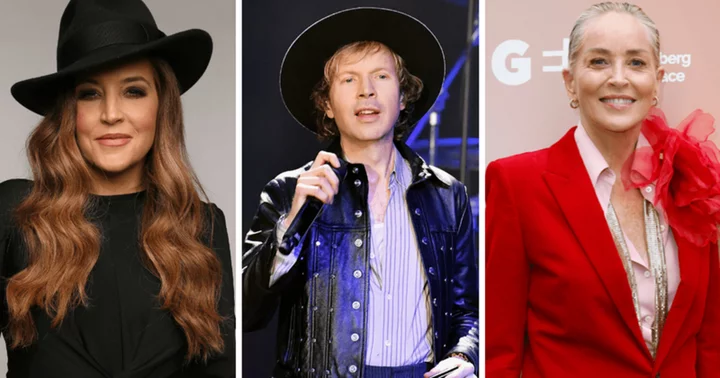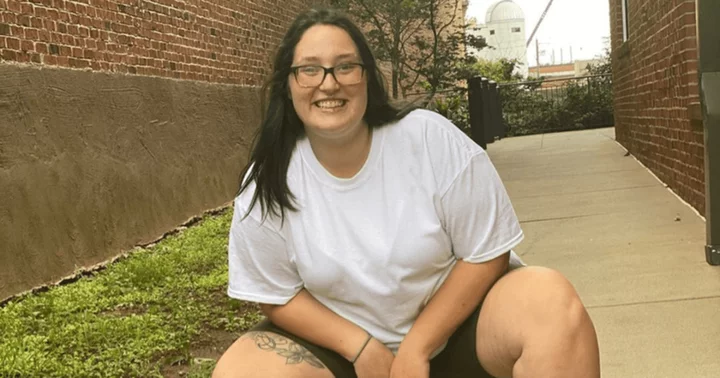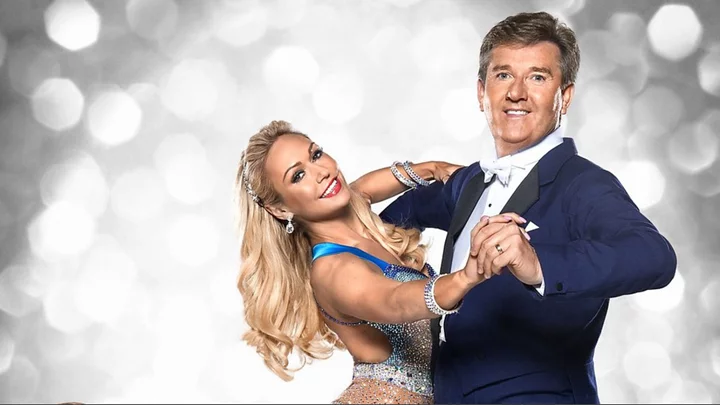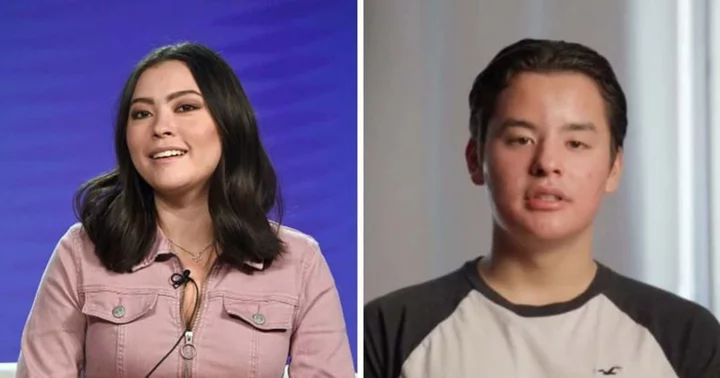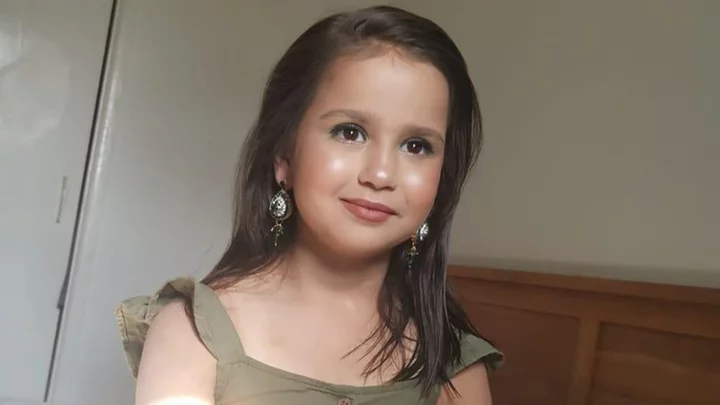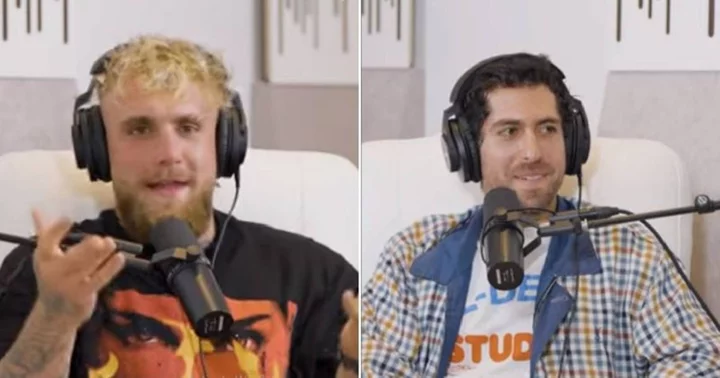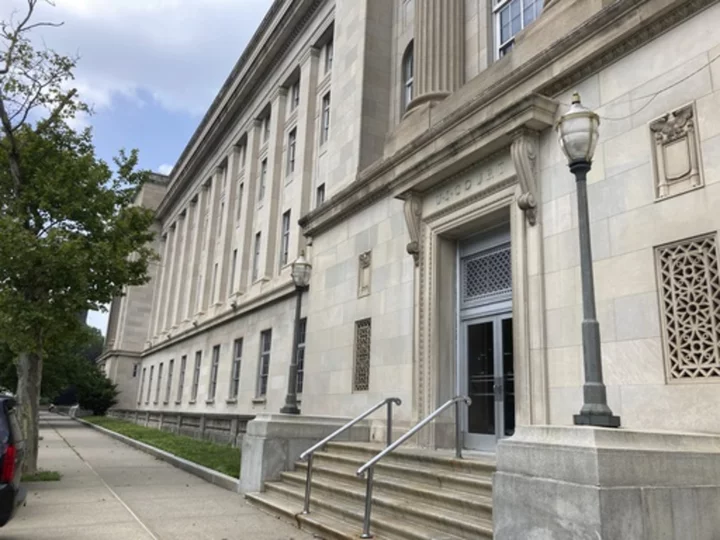The speaker of Canada's House of Commons has apologized after celebrating a Ukrainian veteran who fought for a Nazi military unit in World War II.
In a speech Friday during Ukrainian President Volodymyr Zelensky's visit to the Canadian parliament, Speaker Anthony Rota recognized and lauded 98-year-old Yaroslav Hunka as a Ukrainian and Canadian veteran who "fought for Ukrainian independence against the Russian aggressors then, and continues to support the troops today."
Several human rights and Jewish organizations have since condemned the recognition, saying Hunka served in a Nazi military unit known as the 14th Waffen Grenadier Division of the SS.
"I have subsequently become aware of more information which causes me to regret my decision to recognize this individual," Rota said in the House of Commons Monday, echoing a statement released by his office a day earlier.
"I wish to apologize to the House. I am deeply sorry that I have offended many with my gesture and remarks," Rota added.
In his earlier statement, Rota also said he extended his "deepest apologies to Jewish communities in Canada and around the world."
The 14th Waffen Grenadier Division was part of the Nazi SS organization declared a criminal organization by the International Military Tribunal in Nuremberg in 1946, which determined the Nazi group had committed war crimes and crimes against humanity.
The parliament's recognition of Hunka was "beyond outrageous," Michael Mostyn, the CEO of the Jewish human rights organization B'nai Brith Canada, said in a statement.
"Hunka, who immigrated to Canada after serving in the 14th Waffen SS -- a Nazi unit whose members swore allegiance to Adolf Hitler during WWII -- received a standing ovation from members of Parliament and senators in attendance," B'nai Brith Canada said in the statement.
"We cannot allow the whitewashing of history. ... Canadian soldiers fought and died to free the world from the evils of Nazi brutality," Mostyn said.
B'nai Brith in its statement condemned the Ukrainian volunteers who served in the military unit as "ultra-nationalist ideologues" who "dreamed of an ethnically homogenous Ukrainian state and endorsed the idea of ethnic cleansing."
The human rights organization says it expects an apology from parliament.
Rota took full responsibility for the acknowledgment of Hunka, who he said is from his electoral district, saying Monday "this initiative was entirely my own."
"No one -- not even anyone among you, fellow parliamentarians, or from the Ukrainian delegation -- was privy to my intention or my remarks prior to their delivery," Rota said.

